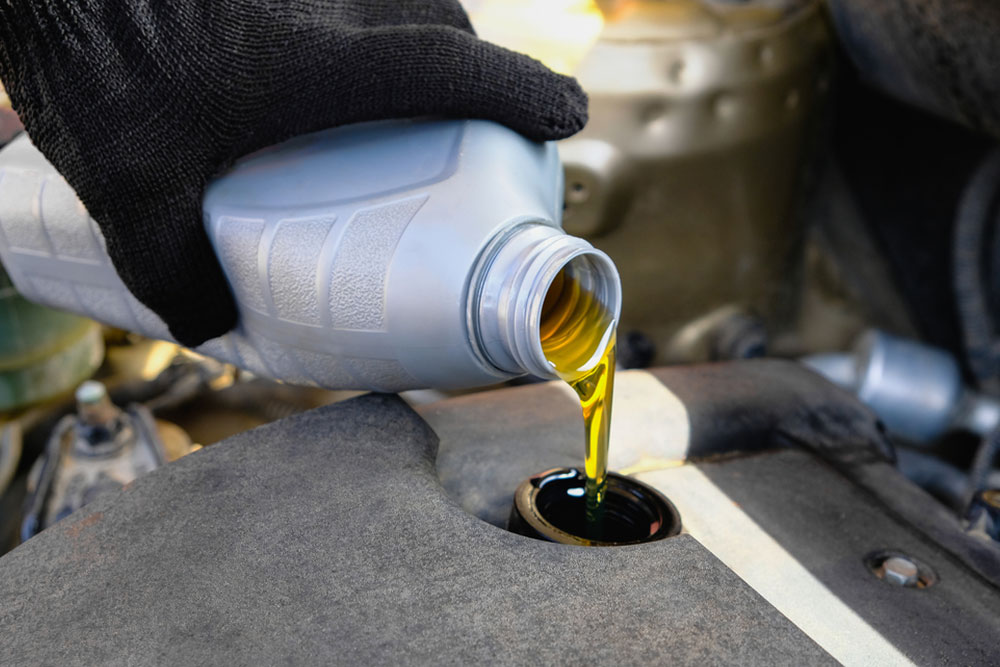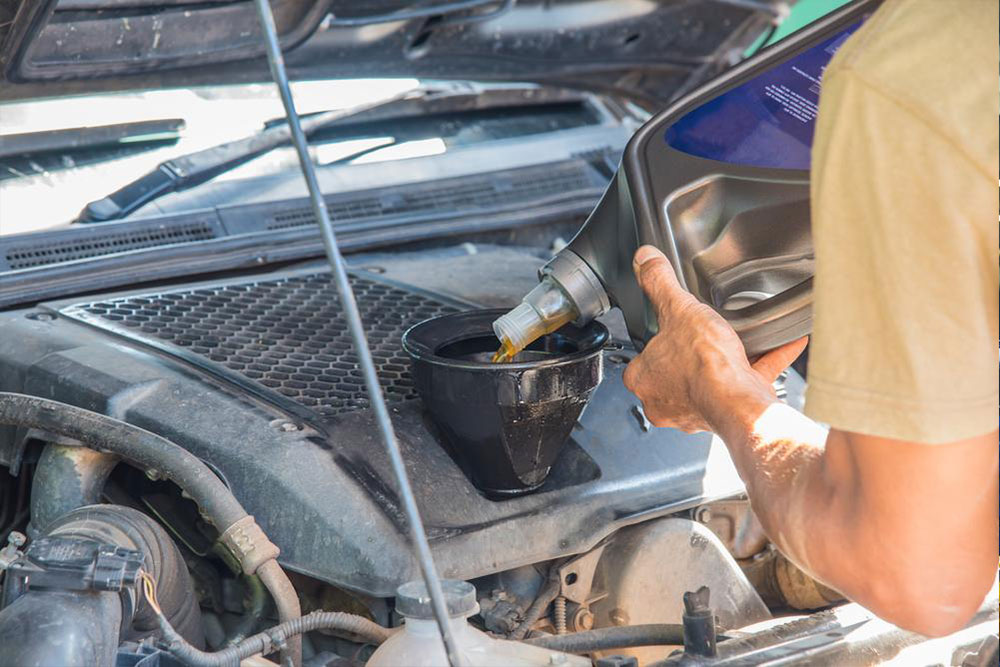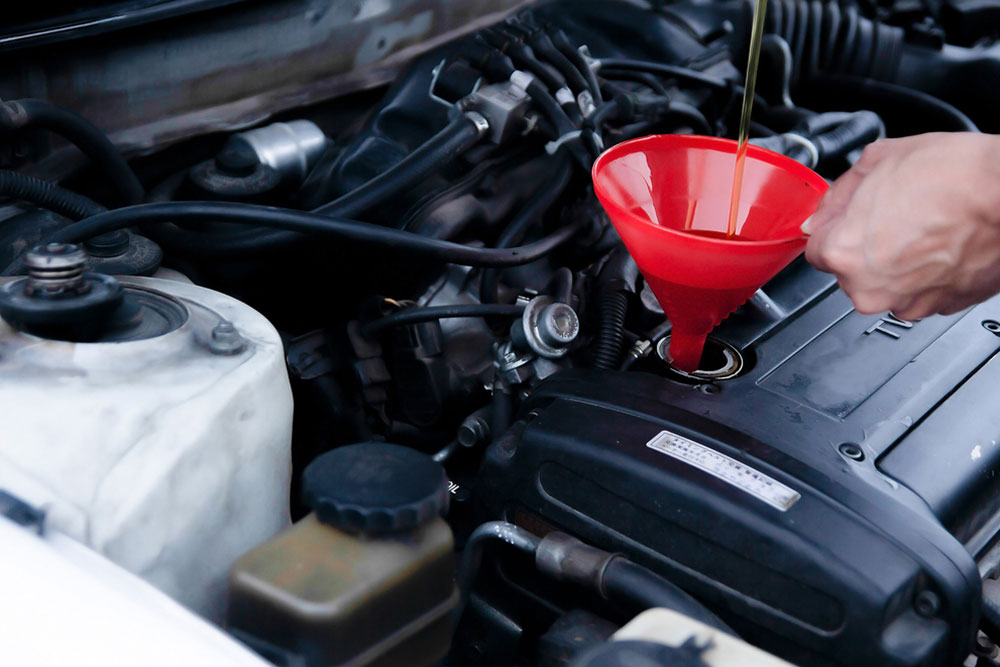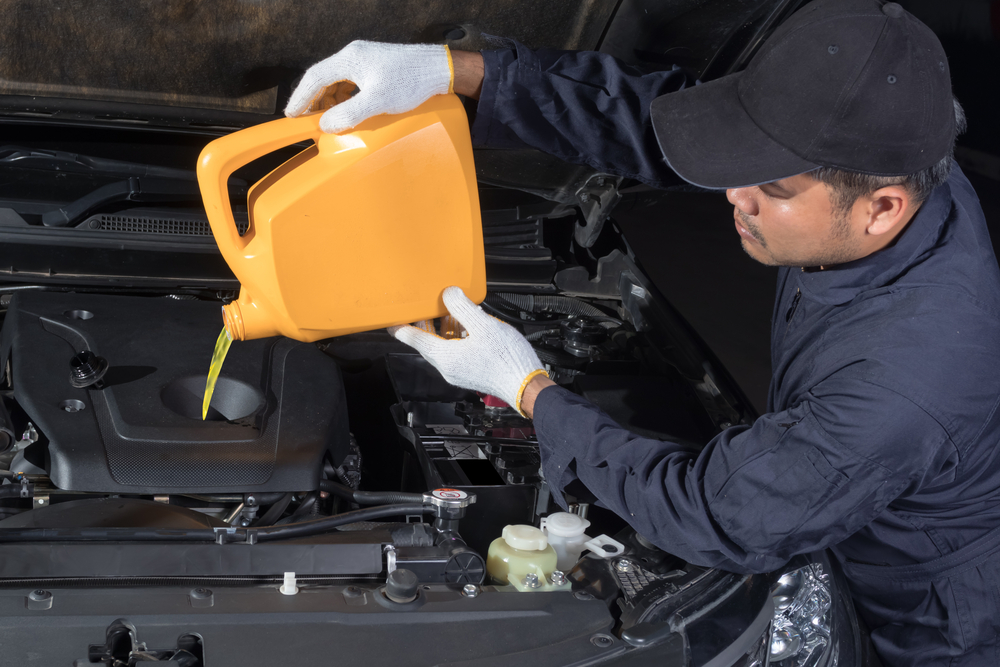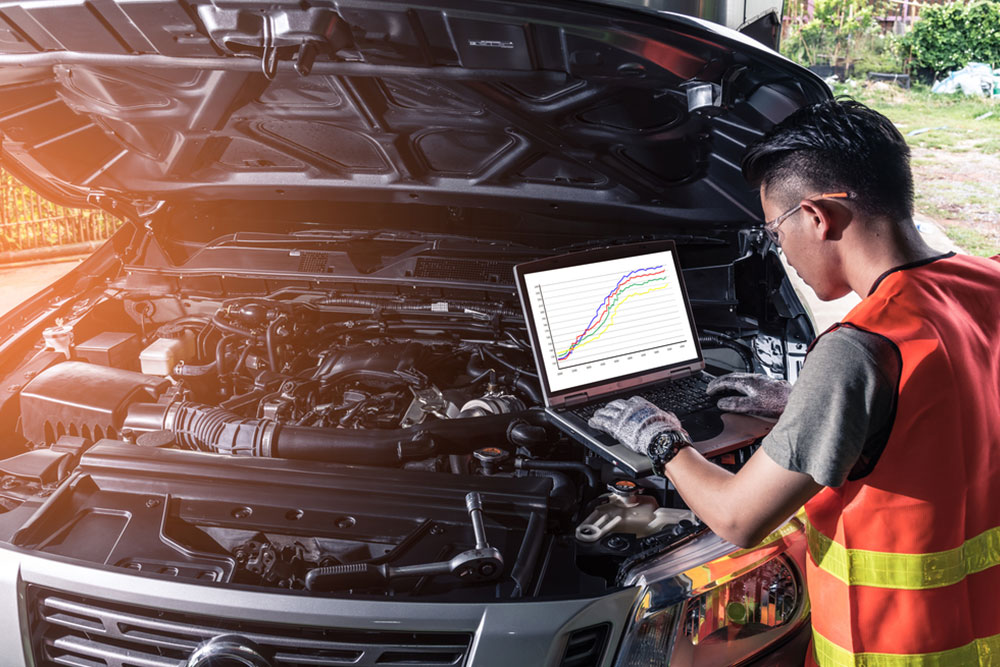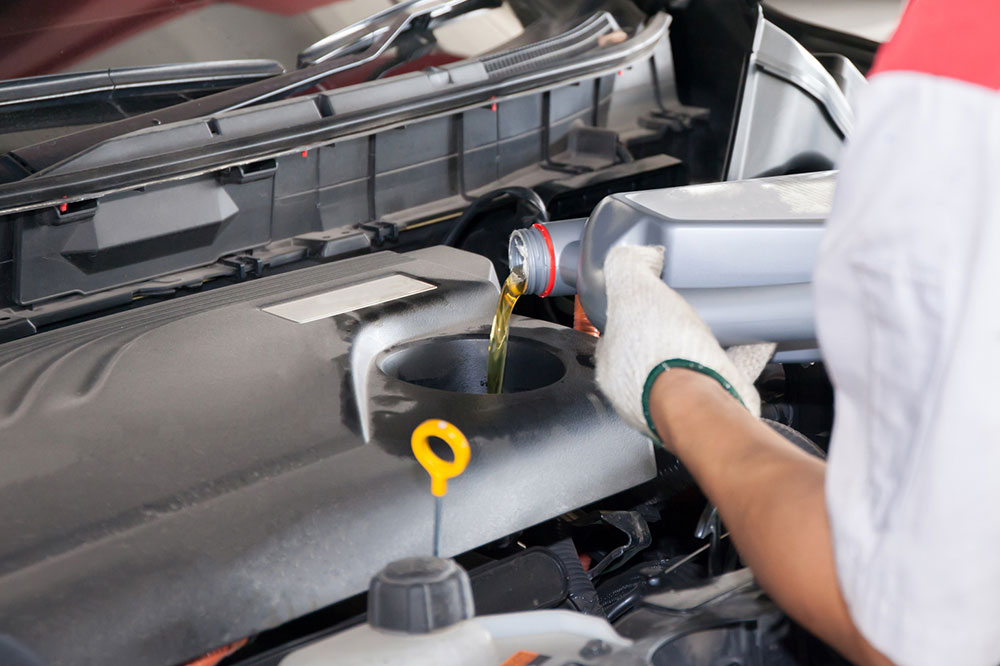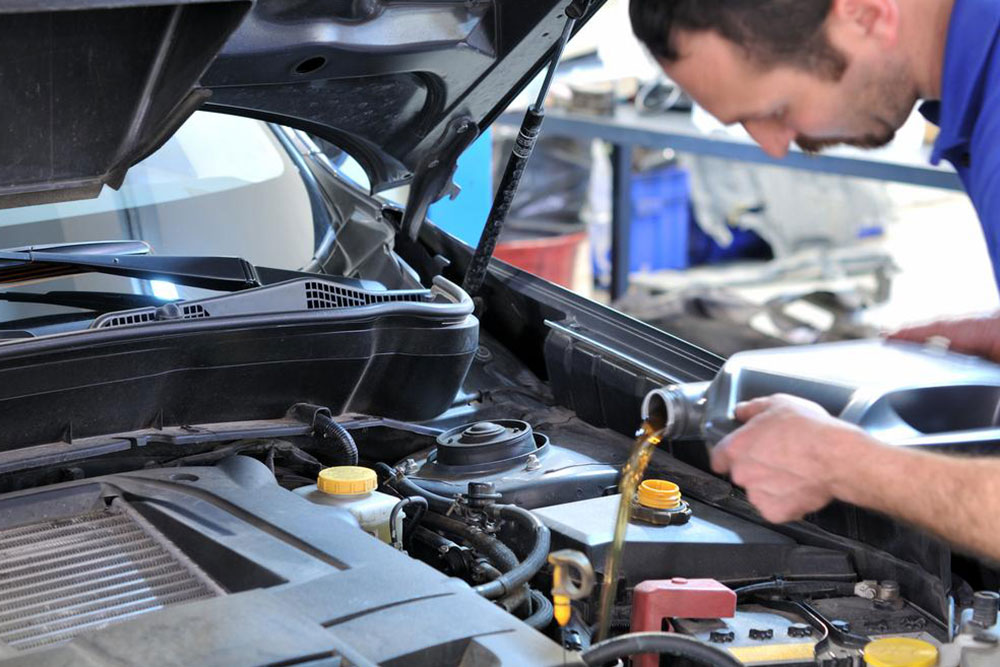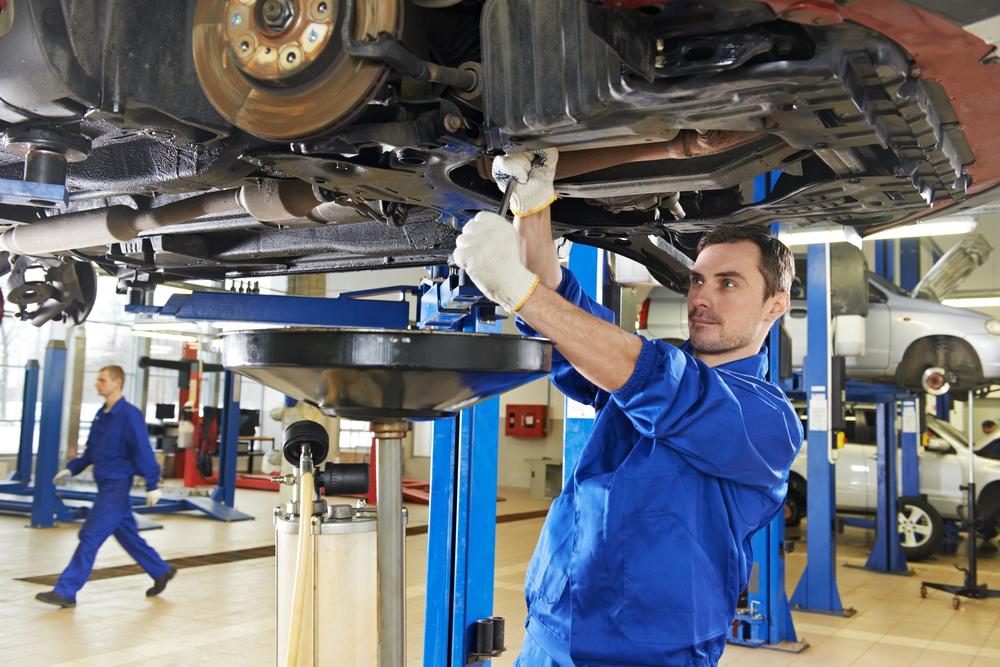Essential Tips to Avoid Common Mistakes When Changing Engine Oil
Learn essential tips to avoid common errors during your engine oil change. This guide covers selecting the correct oil, tracking change intervals, choosing proper filters, ensuring accurate oil levels, and replacing O-rings. Following these best practices helps protect your engine and extend its lifespan, saving you costly repairs. Whether a DIY enthusiast or a first-timer, use these expert tips to ensure a safe and efficient oil change process for your vehicle.
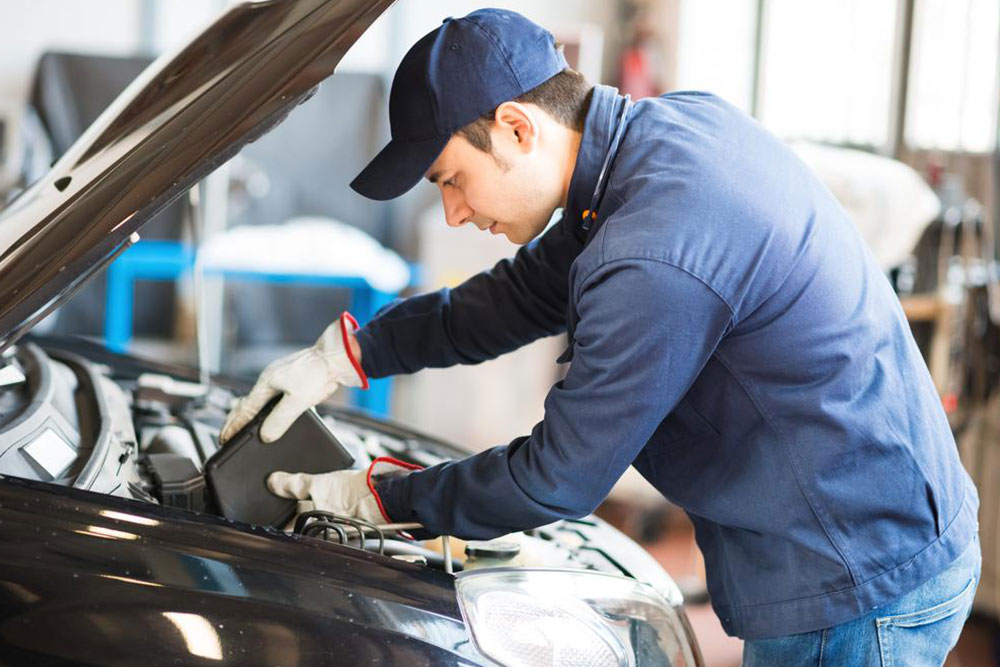
Essential Tips to Avoid Common Mistakes When Changing Engine Oil
Performing your own engine oil change can be cost-effective, but it requires careful attention to detail. Mistakes during the process can lead to costly engine damage. Here are key errors to watch out for, along with tips to prevent them and ensure a safe, efficient oil change.
Choosing the Incorrect Oil
Selecting the wrong engine oil can cause lubrication issues and harm hydraulic components within the engine. Proper oil viscosity is crucial for optimal performance. Always refer to your vehicle’s owner manual to determine the right type and grade of oil—whether synthetic or conventional—that suits your car's engine.
Overlooking Oil Change Intervals
Keep accurate track of mileage or time elapsed since your last oil change. Changing oil prematurely or too late can negatively impact engine health. Maintaining a log helps ensure timely oil replacements, thereby protecting your engine's longevity.
Using the Wrong Oil Filter
The oil filter plays a vital role in trapping dirt and preventing leaks. Using the incorrect size or improperly installing the filter can cause leaks and damage. Always choose high-quality filters recommended by your vehicle manufacturer to safeguard your engine.
Ignoring Proper Oil Quantity
Filling the engine with either too little or too much oil risks damage. Underfilling reduces lubrication, increasing wear, while overfilling can cause foaming, leaks, and pressure issues. Park your vehicle on a flat surface to accurately fill the correct amount of oil.
Skipping O-ring Replacement
The O-ring seals the oil filter interface and should be replaced during each oil change. Worn or damaged O-rings can lead to leaks, compromising engine safety and performance.

